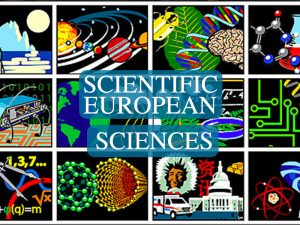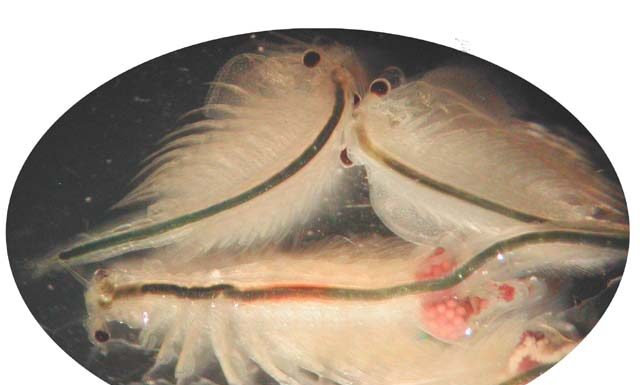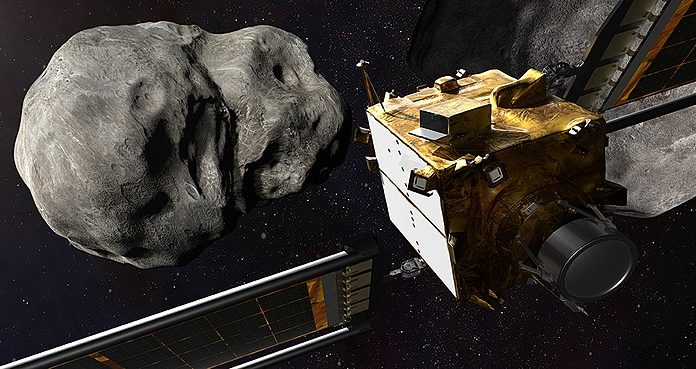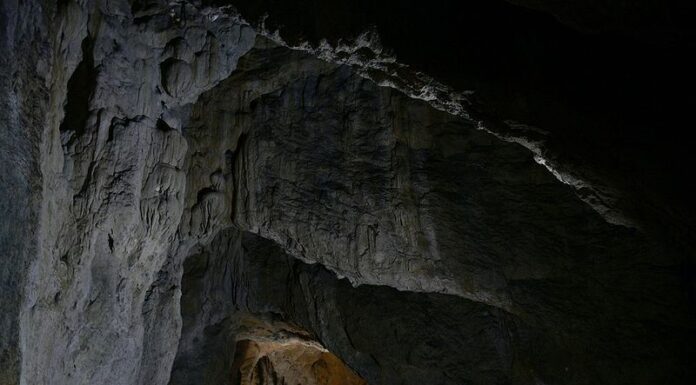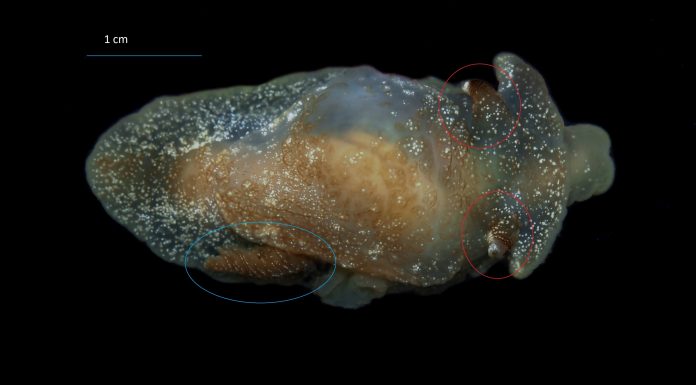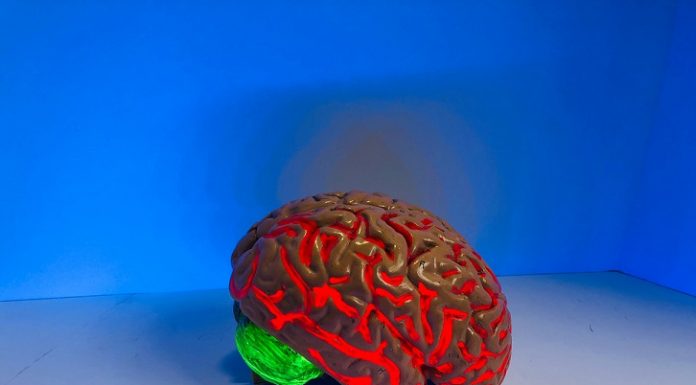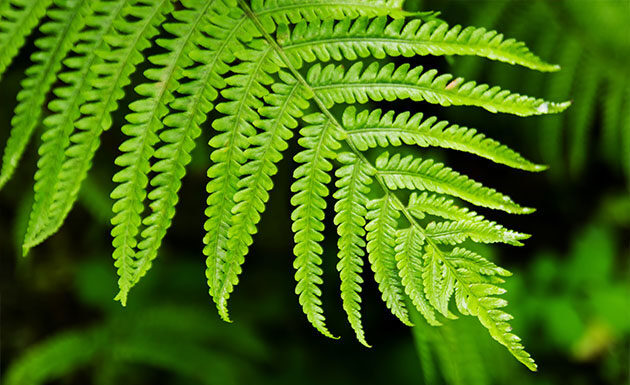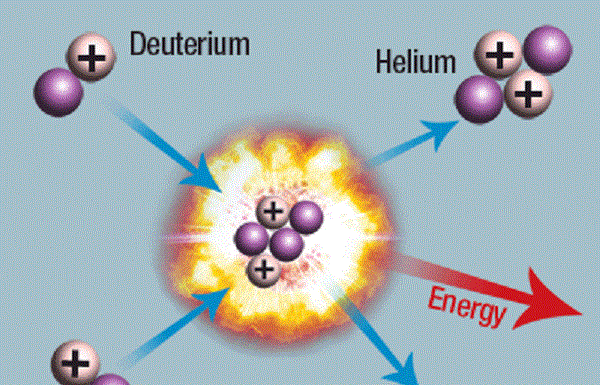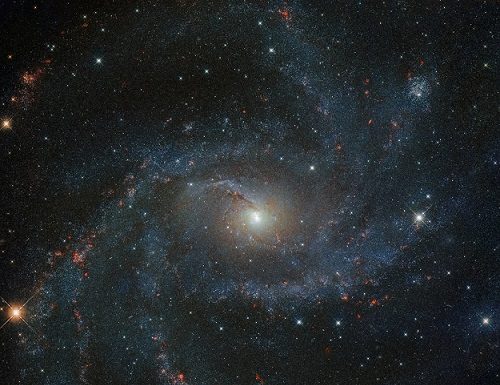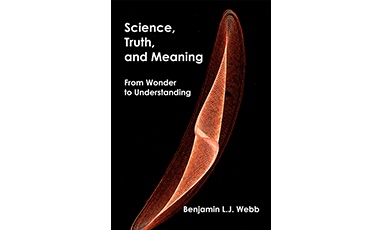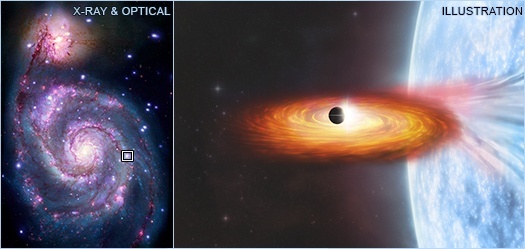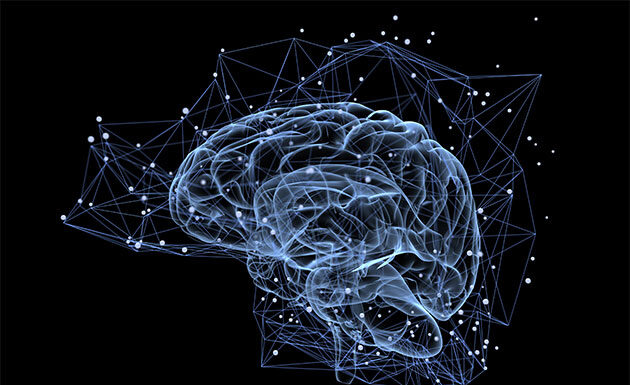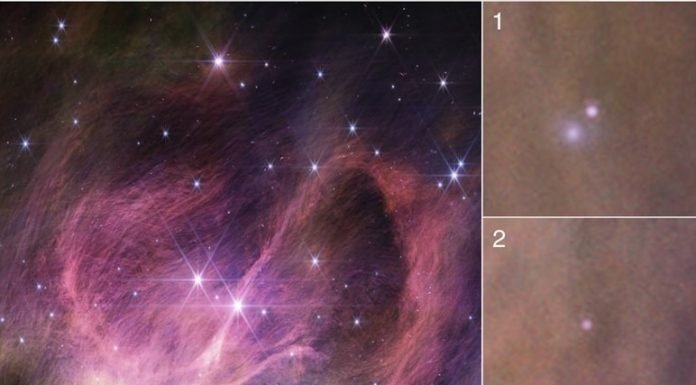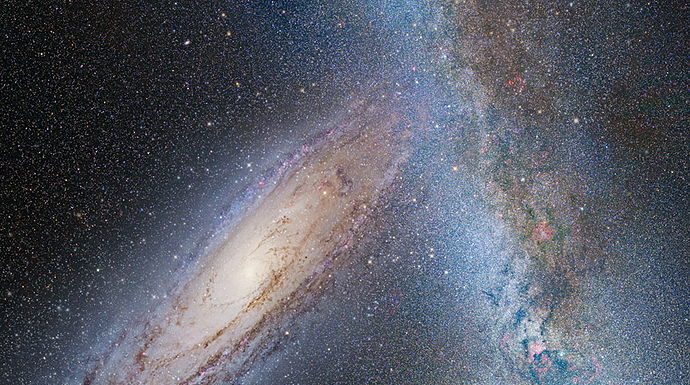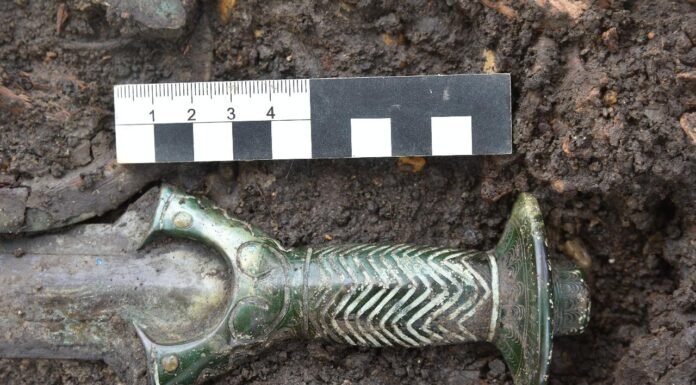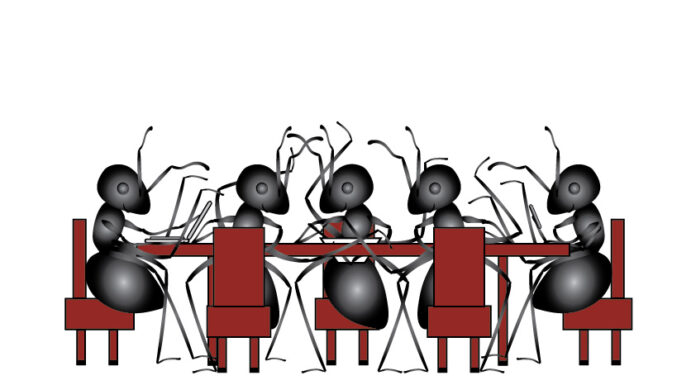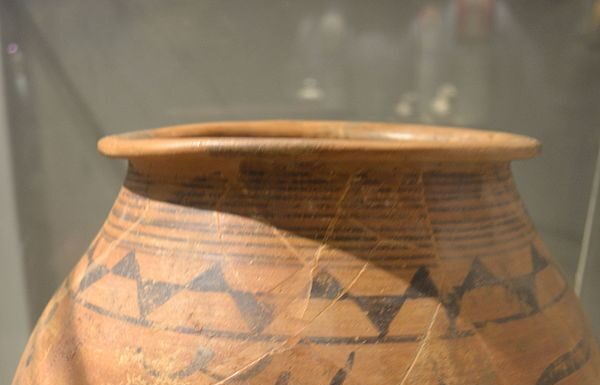Some organisms have ability to suspend life processes when under adverse environmental conditions. Called cryptobiosis or suspended animation, it is a survival tool. Organisms under suspended animation revive when environmental conditions become favourable. In 2018, viable nematodes from late...
In the last 500 million years, there have been at least five episodes of mass extinctions of life-forms on the Earth when more than three-quarters of the existing species got eliminated. The last such large-scale life extinction occurred due...
Bulgaria has proven to be the oldest site in Europe for human existence by virtue of the present scientific evidence using high-precision carbon dating and analysis of proteins and DNA from the homimin remains excavated in the Bacho Kiro...
A new species of sea slug, named Pleurobranchaea britannica, has been discovered in the waters off the southwest coast of England. This is the first recorded instance of a sea slug from the Pleurobranchaea genus in UK waters.
It is a...
A recent 12 week trial comparing a normal carbohydrate-containing diet to the ketogenic diet in Alzheimer's Disease patients discovered that those who underwent a ketogenic diet increased their quality of life and activities of daily living outcomes, whilst also...
Unlocking the genetic information of a fern could provide us potential solutions to multiple issues faced by our planet today.
In genome sequencing, DNA sequencing is done to determine the order of nucleotides in every specific DNA molecule. This exact...
The scientists at Lawrence Livermore National Laboratory (LLNL) have achieved fusion ignition and energy break-even. On 5th December 2022, the research team conducted controlled fusion experiment using lasers when 192 laser beams delivered more than 2 million joules of UV...
NASA recently released the spectacular bright image of the firework galaxy NGC 6946 taken earlier by Hubble space telescope (1)
A galaxy is a system of stars, remnants of stars, interstellar gas, dust, and dark matter that are bound together...
The book presents a scientific and philosophical examination of our place in the world. It reveals the journey mankind has made from the philosophical enquiry of the early Greeks to how science has profoundly influenced our conception of existence.
'Science,...
Discovery of the first exoplanet candidate in X-ray binary M51-ULS-1 in the spiral galaxy Messier 51 (M51), also called the Whirlpool Galaxy using transit technique by observing dips in brightness at X-ray wavelengths (instead of optical wavelengths) is pathbreaking and a game changer because it...
A new study has used robotic screening for shortlisting chemical compounds which could be ‘prevent’ malaria
According to WHO, there were 219 million cases of malaria worldwide and approximately 435,000 deaths in 2017. Malaria is an infectious disease caused by...
Scientists have revived pigs brain four hours after its death and kept alive outside the body for several hours
Of all organs, brain is most susceptible to continuous supply of blood to meet its immense non- stop requirement of oxygen...
Stars have a life cycle spanning a few million to trillions of years. They are born, undergo changes with the passage of time and finally meet their end when fuel runs out to become a very dense remanent body....
The formation of our home galaxy Milky Way began 12 billion years ago. Since then, it has undergone a sequence of mergers with other galaxies and grew in mass and size. The remnants of building blocks (i.e., galaxies that...
A groundbreaking study has discovered a novel way to rejuvenate inactive human senescent cells providing enormous potential for research on ageing and immense scope for improving lifespans
A team led by Professor Lorna Harries at University of Exeter, UK1 has shown...
During excavations in the Donau-Ries in Bavaria in Germany, archaeologists have discovered a well-preserved sword that is over 3000 years old. The weapon is so exceptionally well preserved that it almost still shines.
The bronze sword was found in...
A first study has shown how an animal society actively reorganizes itself to reduce the spread of disease.
Generally speaking, high population density in a geographical region is the biggest factor which contributes to faster spread of a disease. When...
Researchers have studied detailed effects of ‘pessimistic thinking’ which occurs in anxiety and depression
More than 300 million and 260 million people worldwide suffer from depression and anxiety respectively. Many times, a person suffers from both these conditions. Psychiatric problems...
Success in mapping the complete neural network of male and female worms is an important progress towards understanding function of the nervous system.
Our nervous system is an intricate connection of nerves and special cells called neurons which transmit signals...
Chromatography and compound specific isotope analysis of lipid remains in ancient pottery tell a lot about ancient food habits and culinary practices. In the last two decades, this technique has successfully been employed to unravel ancient food practices of...






























